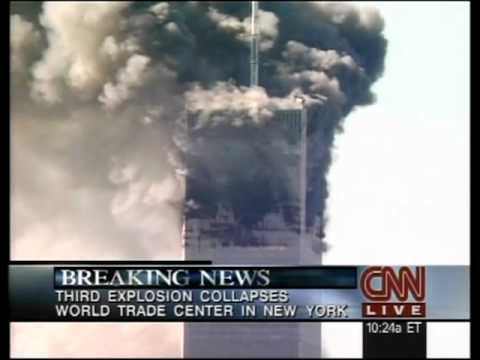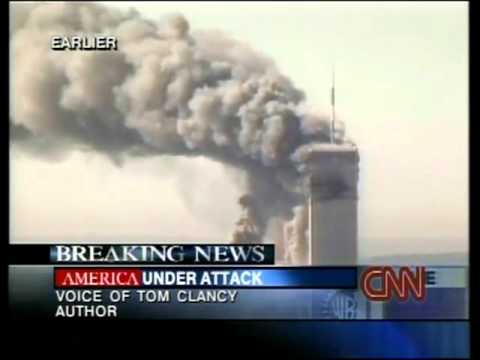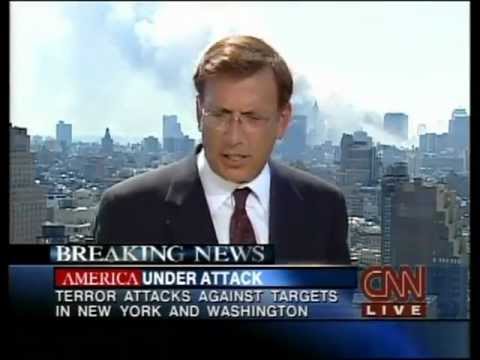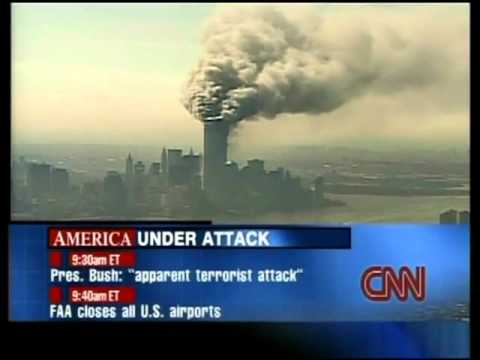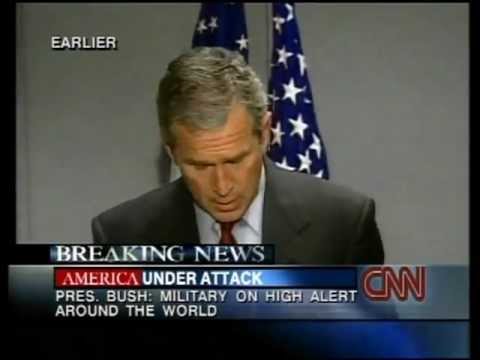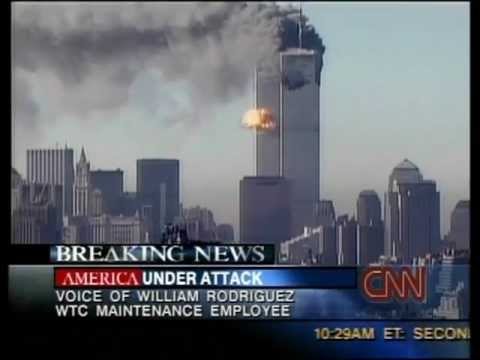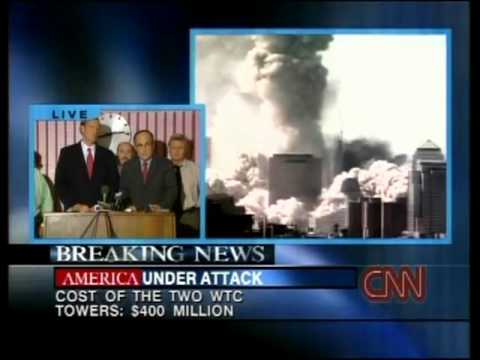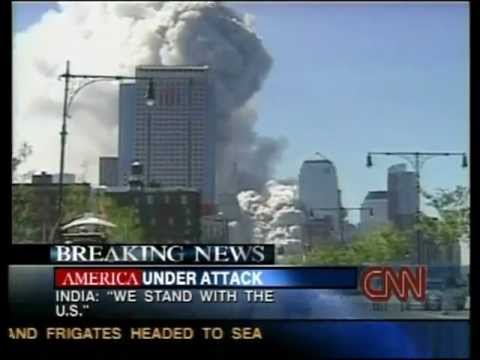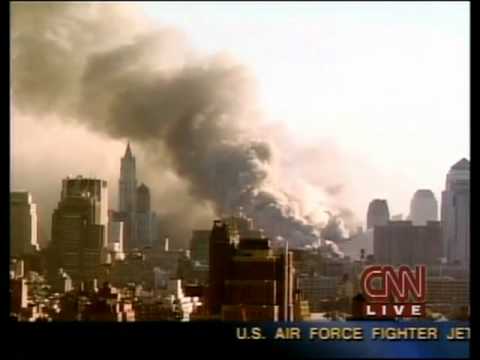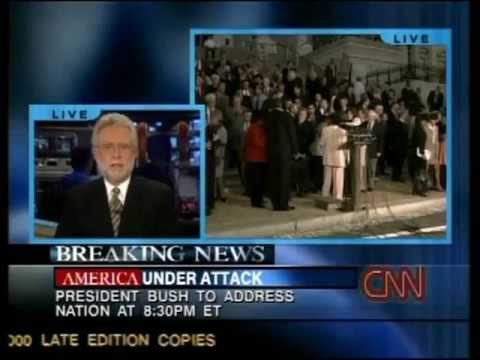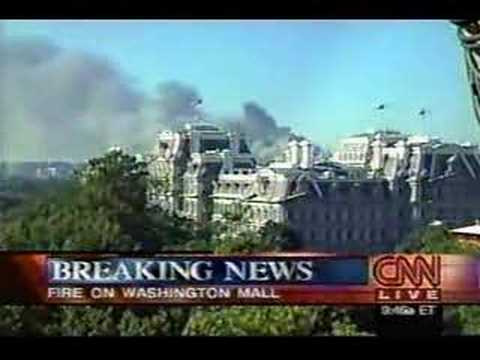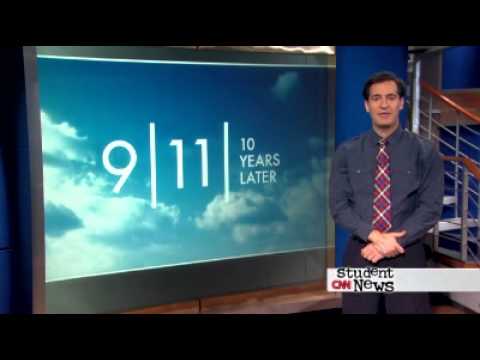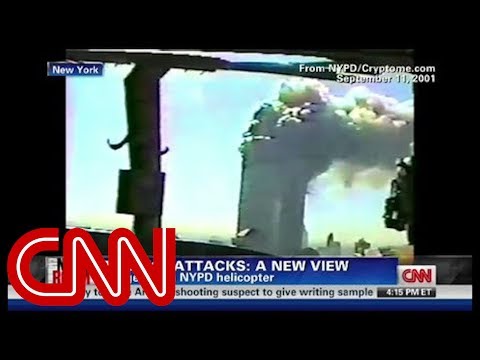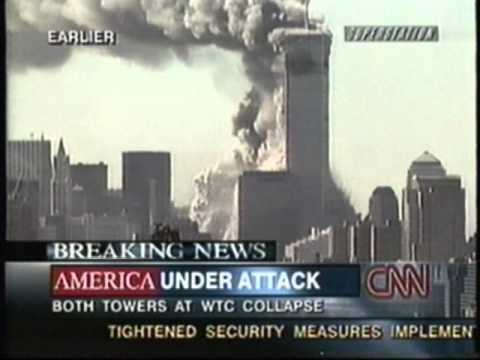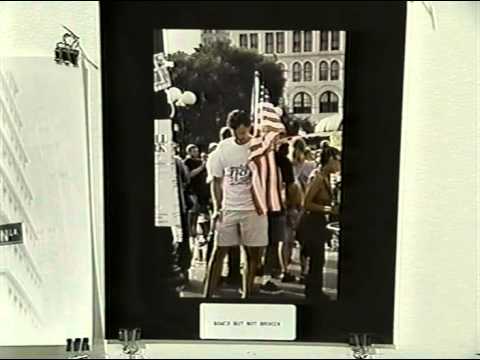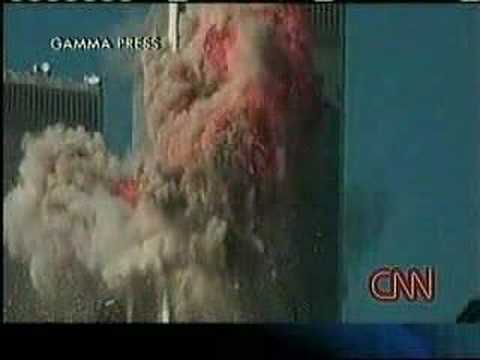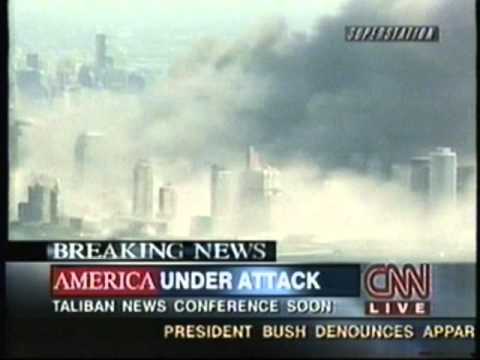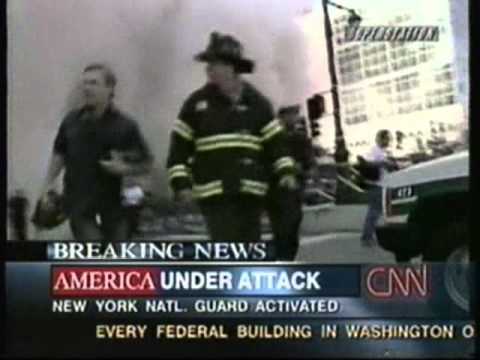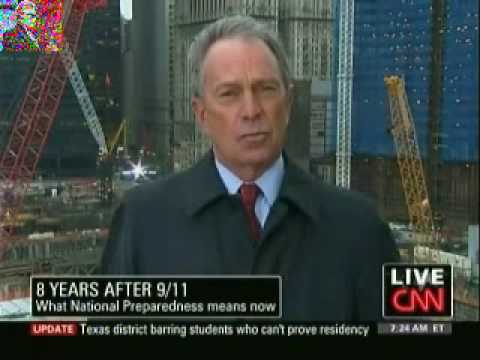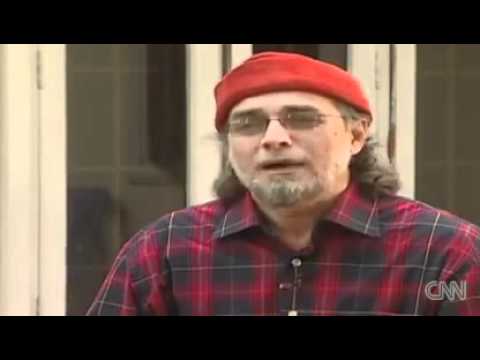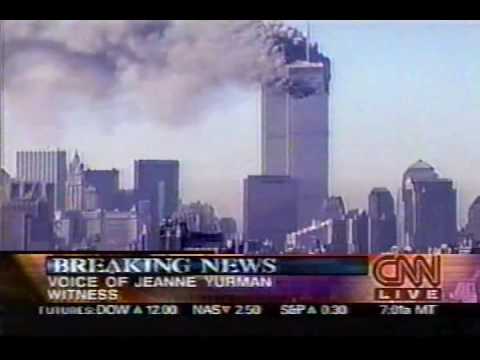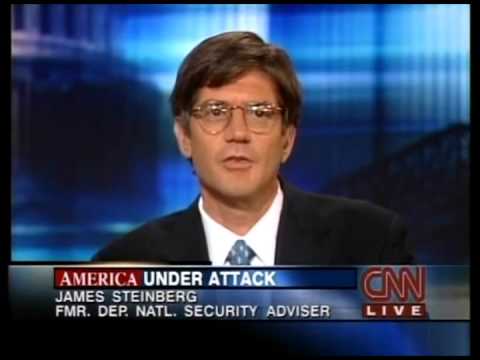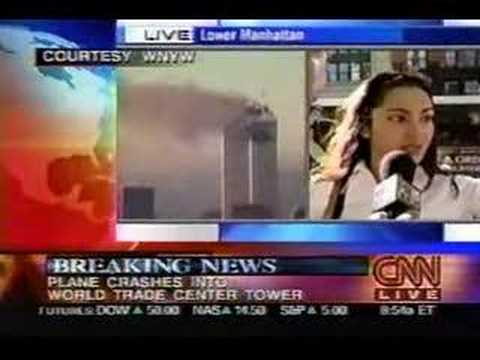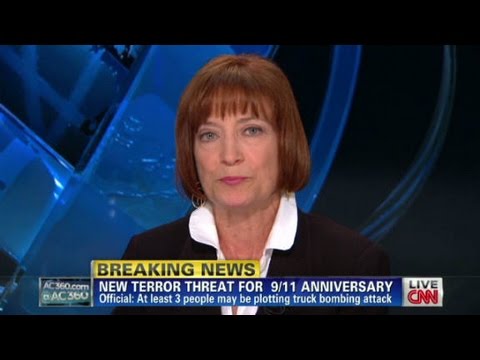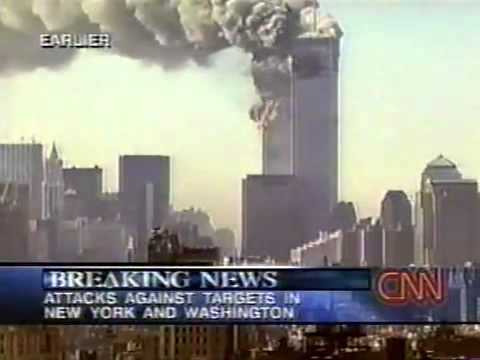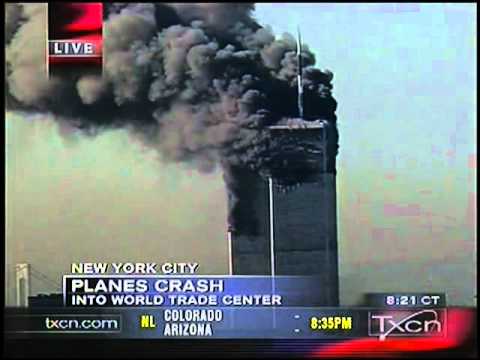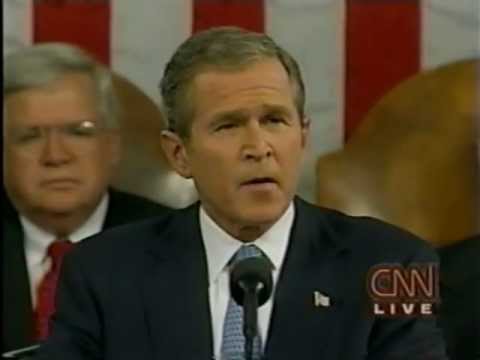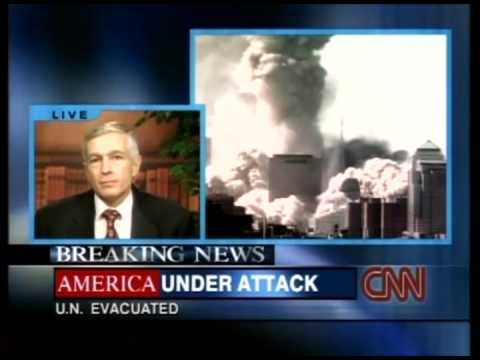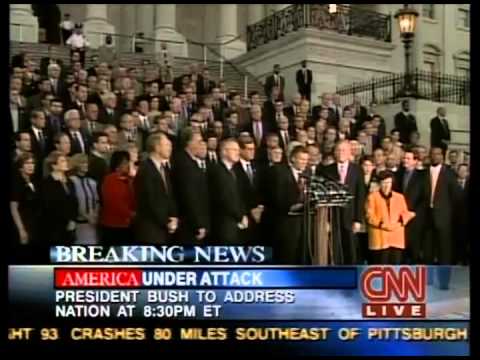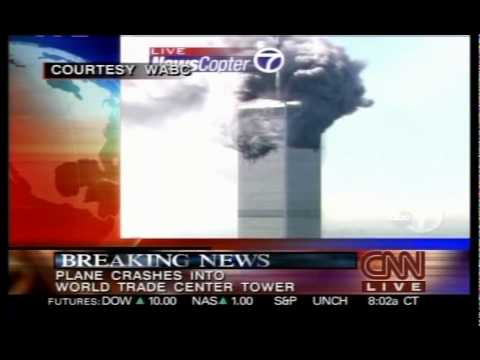An eyewitness to Arab 9/11 celebrations in Beirut
http://elderofziyon.blogspot.com/2011/09/eyewitness-to-arab-911-celebrations-in.html
The original Wall Street Journal article is no longer available, but
this account by Elisabetta Burba about her experiences in Lebanon is a must-read:
Whooping It Up In Beirut, even Christians celebrated the atrocity,
by Elisabetta Burba,
Saturday, September 22, 2001 12:01 a.m. EDT
BEIRUT--Where were you on Sept. 11, when terrorists changed the world? I was at the National Museum here, enjoying the wonders of the ancient Phoenicians with my husband. This tour of past splendor only magnified the shock I received later when I heard the news and saw the reactions all around me.
Walking downtown, I realized that the offspring of this great civilization were celebrating a terrorist outrage. And I am not talking about destitute people. Those who were cheering belonged to the elite of the Paris of Middle East: professionals wearing double-breasted suits, charming blond ladies, pretty teenagers in tailored jeans.
Trying to find our bearings, my husband and I went into an American-style cafe in the Hamra district, near Rue Verdun, rated as one of the most expensive shopping streets in the world. Here the cognitive dissonance was immediate, and direct. The café's sophisticated clientele was celebrating, laughing, cheering and making jokes, as waiters served hamburgers and Diet Pepsi. Nobody looked shocked, or moved. They were excited, very excited.
An hour later, at a little market near the U.S. Embassy, on the outskirts of Beirut, a thrilled shop assistant showed us, using his hands, how the plane had crashed into the twin towers. He, too, was laughing
Once back at the house where we were staying, we started scanning the international channels. Soon came reports of Palestinians celebrating. The BBC reporter in Jerusalem said it was only a tiny minority. Astonished, we asked some moderate Arabs if that was the case. "Nonsense," said one, speaking for many. "Ninety percent of the Arab world believes that Americans got what they deserved."
An exaggeration? Rather an understatement. A couple of days later, we headed north to Tripoli, near the Syrian border. On the way, we read that Palestinian leader Yasser Arafat, who donated blood in front of the cameras, was rejecting any suggestion that his people were rejoicing over the terrorist attack. "It was less than 10 children in Jerusalem," he said.
In the bustling souk of Tripoli we started looking for the Great Mosque, a 1294 building with a distinctive Lombard-style tower. But in that labyrinth, nobody spoke anything but Arabic, which we don't speak. Finally, in a dark shop, we found an old gentleman who knew French. His round white cap showed that he was a devout Muslim. Leaning on his stick, he managed to get on the street and with most exquisite manners gave us directions. Common decency survives all.
Once at the mosque I donned a black chador, but our Lonely Planet guide attracted the attention of a hard-looking bearded guy all the same. "Are you Americans?" he asked in a menacing tone. Our quick denial made him relax. He gave us the green light to go in. But very soon afterward we were again approached, by a fat young man. He turned out to be one of the 350,000 Palestinians who live in Lebanon, unwelcome by most of the population and subject to severe hardships. Hearing we were Italians, first he recited like a prayer names of Italian soccer players. We were relieved at first that he wanted to talk about sports, but he soon moved on to politics and the "events."
"My people have been crushed under the heel of American imperialism, which took away our land, massacred our beloved and denied our right to life. But have you seen what happened in New York City? God Almighty has drawn his sword against our enemies. God is great--Allah u Akbar," he said.
I heard these appeals to religion so often that I needed some theological help. "How can God do evil?" I later asked an Arab friend, a businessman with an international background. "According to what I learnt in my catechism, God lets evil happen. He doesn't do it," I said, and he answered:
"The Koran has the same teaching, but blood calls for blood."
What about compassion? I asked, pointing out that Jesus had turned the other cheek. Isn't Allah also always called the Merciful? "He is, but when a people has been begging for a piece of land for 52 years and it has experienced only bloodshed, what can you expect?" But the victims of the World Trade Center were civilians, I insisted. "In the new intifada, 500 Palestinians have been killed. America didn't give a damn, so why should Muslims care now about those who died in the twin towers? It's hard, but that's the way they see it."
I couldn't help it. I kept remembering how a day earlier, in Germany, Chancellor Gerhard Schroeder had talked about clash of civilizations.
On Thursday night, in the Christian northern part of Beirut, we heard some loud noises. "Probably they are celebrating the attacks," someone told us when we asked. You mean the Maronite Christians are also celebrating? I asked.
"Yes, they also feel betrayed by the Americans."
On Friday, the national day of remembrance for the victims in Europe and the U.S., I was relieved to see that the Christian church in the Sahet Aukar district was packed with people holding a candlelight vigil. Less comforting was the thick barrier of soldiers and checkpoints that protected the church.
Heliopolis, in the Bekaa Valley, was the Sun City of the ancients. Nowadays it is called Baalbek. Near its lavish temples stands the stronghold of the Hezbollah, the Iranian-backed Shiite Party of God. Along the clean alleys that lead to the Hezbolla's stronghold there are hand-made posters of bearded young men. "They are martyrs," explained a well-dressed, cultivated Arab man who had just gotten out of his Mercedes. "They fought until victory: the withdrawal of Israeli occupants. So they became a model for the all Arab world." Weren't they terrorists? we asked. "Terrorists? What about the Israelis who kill women and babies?"
In the seven days we spent in Lebanon, we saw one young Arab woman with teary eyes. "The stories of the victims touched me," she said, and I began to regain my trust in humanity. Then she added: "But in a way I am also glad, because for once the Americans are experiencing what we in the Middle East go through every single day." Back in Italy, I received a phone call from my friend Gilberto Bazoli, a journalist in Cremona. He told me he witnessed the same reactions among Muslims in the local mosque of that small Lombard city. "They were all on Osama bin Laden's side," he said. "One of them told me that they were not even worthy to kiss his toes."




























